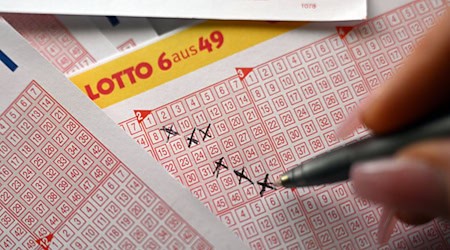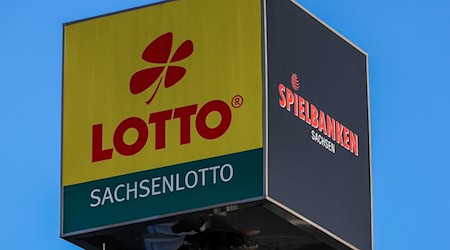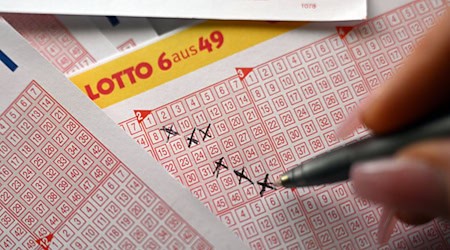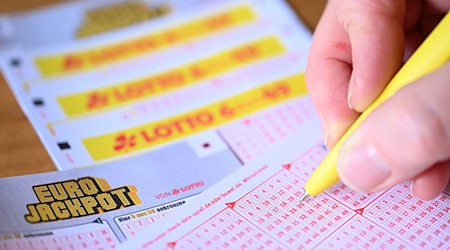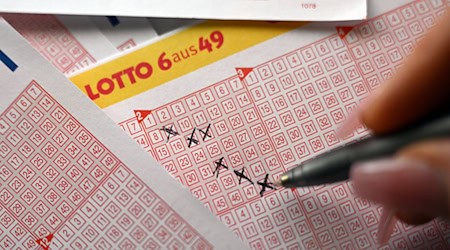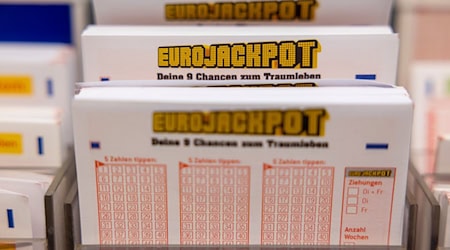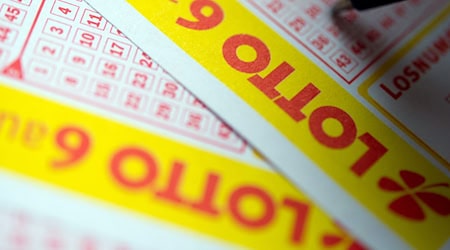One year after entering the online slot machine gaming business, the state-owned Spielbanken GmbH in Saxony has drawn a positive balance. "From our point of view, things have got off to a good start," said the managing director of the casinos, Frank Schwarz, to the German Press Agency in Leipzig. The company is confident that it will reach profitability in the foreseeable future. However, revenues are currently not sufficient to cover investments. However, this is completely normal in the beginning.
"The profits made from the casinos belong to the state," explains Schwarz. Some of the profits flow into the common good - for example, into the state sports association, research, music schools or state-owned enterprises such as Dresden Castle. The Federal Center for Health Education (BZgA) is also financed. The other part will be saved to further develop the Saxon casinos.
Spielbanken Sachsen is, by its own account, the first and only state-owned company in Germany to make use of the opportunities offered by the State Treaty on Gambling. The new State Treaty on Gambling, which applies nationwide, came into force on July 1, 2021. It allows previously prohibited virtual slot machines, online poker and online casino games under certain conditions. In addition, players are not allowed to spend more than 1,000 euros per month online.
Players can currently find more than 300 different games of chance on the www.Die-Spielbank.de platform. By the middle of the year at the latest, there should be around 500 offerings. The state-owned company is one of around 40 providers licensed in Germany in the multi-billion euro market.
Competition comes in particular from the many illegal providers. These are mostly based in tax havens such as Malta, Gibraltar or Curaçao. Their advantage: they do not adhere to the Interstate Gambling Treaty. This means that players can gamble more than 1,000 euros per month with illegal providers - and at a significantly higher gaming speed. "The problem is that the treaty imposes strict restrictions on legal providers," says Schwarz. This makes it difficult to keep up with the illegal market.
A study by the Federal Centre for Health Education (BZgA) found that around 430,000 people in Germany have a gambling addiction or problematic gambling behavior.
Copyright 2024, dpa (www.dpa.de). All rights reserved




